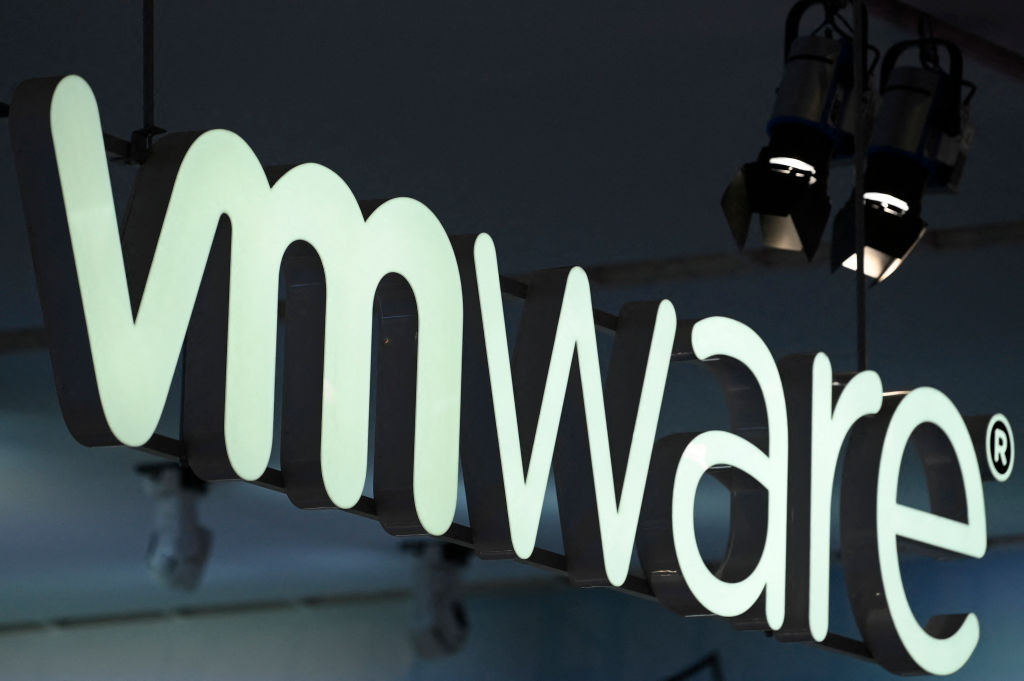Food should be OK, no? I guess everything helps if you need to pay more for non-food items.
Avid Amoeba
- 43 Posts
- 1.96K Comments
Someone stockpiling in Canada and Mexico, some of what isn’t delivered in LA, would make a killing. We should be putting an export tax on Chinese made goods going to the US unless we want to follow the coyote. 😂

 7·18 hours ago
7·18 hours agoDo they have the equivalent for Lemmy?
E: Found it using Kagi… It just wasn’t turned on for me.

 5·19 hours ago
5·19 hours agoYeah, it’s one of the necessary tools for achieving ever growing profits.

 3·2 days ago
3·2 days agoImagine if Carney plays him so well that he becomes a trusted voice in Trump’s head, like Putin is. In such a scenario, Trump would pit Carney’s words on econ against his advisors. 😂
My brain instinctively thought the hand being stopped was Thatcher’s.

 24·3 days ago
24·3 days agoI think he handled him well.

 3·3 days ago
3·3 days agoDon’t worry, cheque’s in the mail.

 12·3 days ago
12·3 days agoIt’s what I’m asking myself.

 81·3 days ago
81·3 days agoIn all fairness, a free trade deal is probably not what we, the comrades of the Socialist Regime of Canada, want. I think we’d be better off with something less Lessaiz-Faire.

 201·3 days ago
201·3 days agoI was told many times that the extremists who hold this agenda in Israel are a small minority and do not represent Israel or have much power over its policy.

 6·5 days ago
6·5 days agoI read a theory that they want to devalue the USD to bolster exports, while holding access to the US market hostage in order to negotiate a new deal that keeps the USD as a reserve currency. TBH, if the US market was as important for the world as it used to be post WWII, perhaps they could pull that off without uncontrollable hemorrhage. Today though… that’s not as strong of a hand as they might think.

 8·5 days ago
8·5 days agoDon’t some in the current admin want them to dump bonds though?

 10·7 days ago
10·7 days agoI think most of here see it. But then again we already understand enough to move away from corporate social.

 21·7 days ago
21·7 days agoI for one didn’t expect someone to resign this quickly.
PP has Mr. Kurek to thank. Some of you will understand this statement differently than others. 😂




















Could be worse - Basic Economics by Thomas Sowell.